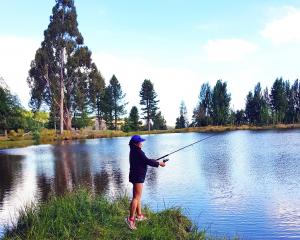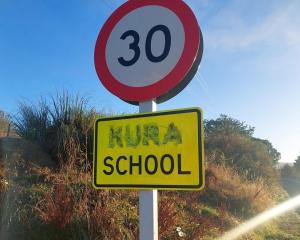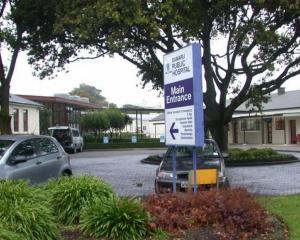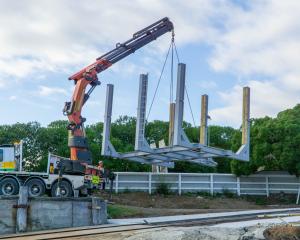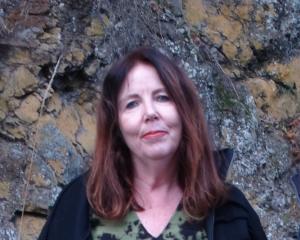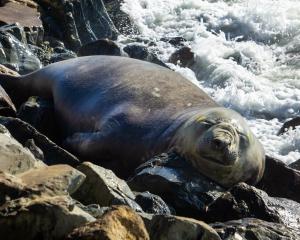Michael John ''Joe'' McKellow (60) died when his 1985 Societe Siren PIK-30 glider crashed on Snowy Peak, 20km northwest of Omarama Airfield on January 18 last year, and although a subsequent Civil Aviation Authority investigation failed to find a reason for the crash, it did say there may have been ''some degree'' of pilot incapacitation.
Findings released this week by Coroner David Crerar suggested Mr McKellow might have been disorientated by dehydration before the crash.
Mr Crerar said Mr McKellow, who was described as a ''conscientious, reliable and competent pilot'', had been flying for two hours before he banked towards a ridge, contrary to normal practice, and made no attempt to correct his course.
There was no evidence Mr McKellow had a medical condition or was taking medicine or drugs that would account for a loss of consciousness, but the corner noted that the Omarama and Twizel areas often enjoyed high summer temperatures.
''Although at altitude the cabin of a glider may provide some respite from the heat for a pilot, the possibility of a contribution to the loss of control by dizziness brought about by dehydration cannot be ignored.''
A copy of his findings had been given to the CAA ''in order that the possible contribution of dehydration to the crash and the death can be circulated to those in the gliding community'', he said.
Glide Omarama managing director Gavin Wills said he knew Mr McKellow well and still found it ''incomprehensible'' he had crashed.
''The glider went in inverted and it was a catastrophic crash.''
Mr Wills said dehydration was an issue pilots were already conscious of.
''We all carry water on board and we are all encouraged to drink it and to monitor our urine when we are on the ground.''





